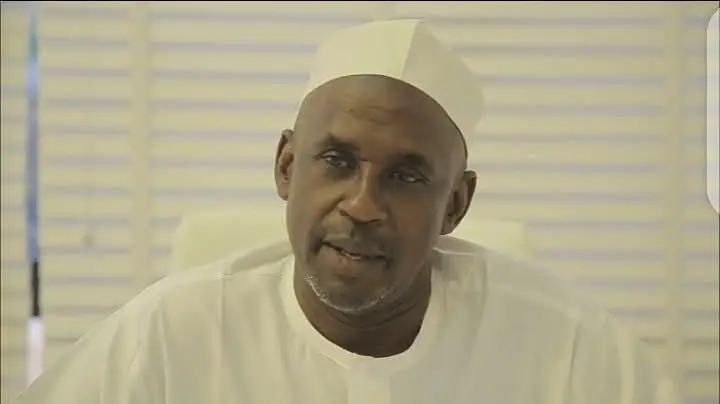In Kigali, a remarkable development is taking place in the medical field that is set to revolutionize surgical procedures in Rwanda and beyond. The establishment of a state-of-the-art Centre of Excellence in Masaka, a suburb of Kigali, has introduced a groundbreaking approach to minimally invasive surgeries, ushering in a new era of hope and transformation.
The French-based Institute for Research into Cancer of the Digestive System (IRCAD) has been instrumental in this pioneering initiative, marking a significant milestone as the first of its kind on the African continent.
This cutting-edge facility features an expanded lab equipped with innovative tools and specialized instruments that provide surgeons with an ideal setting to simulate minimally invasive surgeries. Unlike traditional open surgery, which often involves invasive large incisions, minimally invasive surgery techniques allow for the insertion of a camera through a small incision, or even no incision at all, as explained by medical experts.
Dr. Alexandre Hostettler, the head of the Surgical Data Science Team at IRCAD, emphasized the critical role of robotic and artificial intelligence in enhancing surgical capabilities across Africa. Robot-assisted minimally invasive surgery involves the remote control of laparoscopic tools by a human operator at a console, offering numerous advantages for both surgeons and patients.
The center’s objectives extend beyond surgical practice, as it seeks to train medical professionals from across Africa in performing surgeries with utmost precision through small incisions. Prof Jacques Marescaux, President and Founder of IRCAD, emphasized the pivotal role of the new center in advancing surgical education and practice in Rwanda and sub-Saharan Africa, stating that it serves as a catalyst for all African surgeons and computer scientists.
Parallel to this groundbreaking development, Rwanda is committed to establishing an integrated medical service system that prioritizes high-quality and efficient healthcare services. President Paul Kagame underscored the importance of continued investment in public health infrastructure, affirming that the Centre of Excellence not only serves Rwanda but the entire African continent, raising the standard of medical talent and expertise to unprecedented levels.
Despite the numerous advantages of robotic surgery over traditional methods, it remains relatively uncommon in low- and middle-income countries, particularly in Sub-Saharan Africa. Dr. Christine Mutegaraba, a surgeon from a private clinic in Kigali, emphasized the need for comprehensive training and substantial investment in equipping medical facilities with the necessary devices to perform robotic surgical techniques.
Until the inauguration of the new center, Rwanda lacked formal training for medical practitioners in minimally invasive surgical techniques, resulting in limited access to such advanced procedures. With the advent of this transformative technology, there is renewed hope for the development and advancement of surgical capabilities, allowing specialized medical professionals to undertake a wider range of surgeries with precision and expertise.
Amidst the excitement surrounding innovative solutions in the healthcare sector, it is evident that the new robotic technology is poised to deliver high-quality medical services, as articulated by Prof Jacques Marescaux. The exponential growth of a team comprising computer scientists and surgeons in Africa exemplifies a monumental leap towards bridging the gap in access to surgical care, particularly in Low- and Middle-Income Countries.
The impact of the new center is far-reaching, offering African surgeons access to world-class training in their home continent, eliminating the need to travel abroad for specialized surgical education. This aligns with the World Health Organization’s call for increased investment in building the health workforce in Africa to meet the escalating demand for healthcare professionals.
Looking ahead, the integration of advanced features such as artificial intelligence and augmented reality into robotic systems is set to further enhance surgical processes, ultimately alleviating the burden on surgeons and optimizing patient care. The potential of robotic technology to streamline patient flow and reduce the workload of surgeons highlights the promising trajectory of this innovative approach towards surgical care.
In conclusion, the inauguration of the Centre of Excellence in Rwanda represents a significant leap forward in the realm of surgical innovation, with the potential to redefine healthcare standards not only in Rwanda but across the continent. The advent of robotic-assisted surgery holds immense promise for the future, offering hope and transformation in the landscape of healthcare in Africa.



